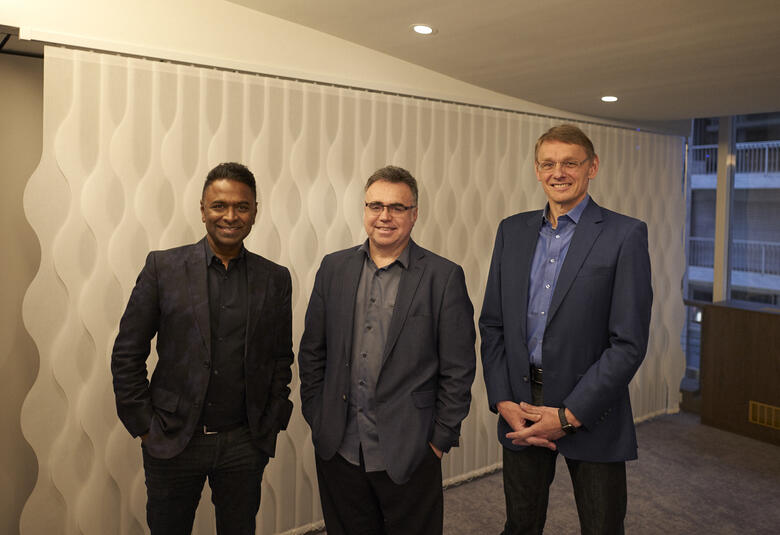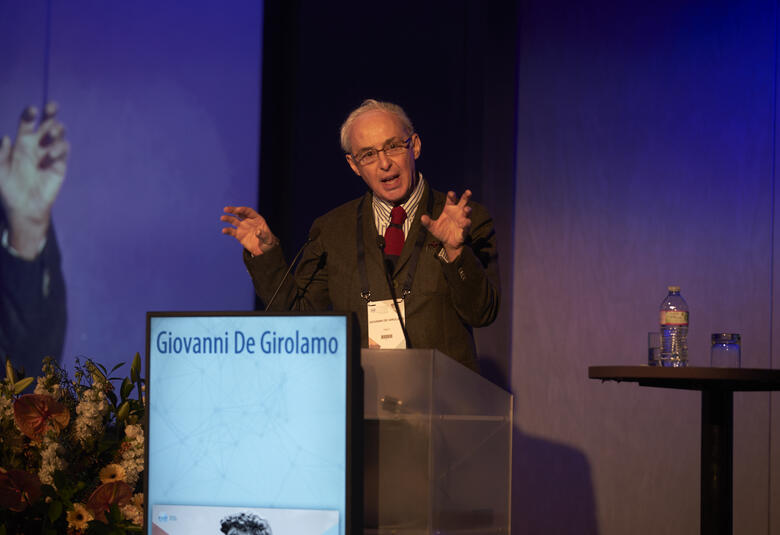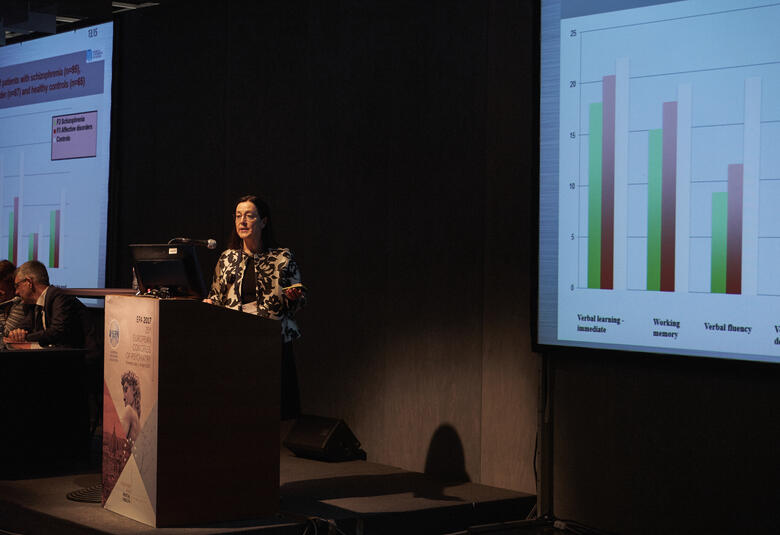
Talking about schizophrenia – an interview with Dr Jasmina Grubisin, Croatia
Dr Jasmina Grubisin is a hospital-based psychiatrist working in Zagreb, Croatia. She typically sees approximately 15 patients with schizophrenia each month. Here we asked her opinions of various aspects of managing such patients.
How difficult is it to give patients the news that they have schizophrenia?
We usually use the term psychosis rather than schizophrenia at the outset. The same when talking to the patient’s family – it’s psychosis. However, although we do involve the patient’s family when we can, we always tell the patient their diagnosis first.
To help patients cope with learning the diagnosis, we usually talk about treatment options and how they can hope to lead a fulfilled life with the help of medication. We do say that treatment is potentially lifelong but we also say that this can be discussed later into the treatment period.
What is autonomy and what is good function and quality of life for your patients with schizophrenia?
Our treatment goal is to help the patient work, to earn their living and to be able to organize their own life. Around 15-20% of my patients receive long acting injectables. Long acting injectables help in the attainment of treatment goals. They help the patient to receive continuous medication and ensure that they are less likely to stop taking their medication.
How important is it, to you, to involve the caregiver in treatment decisions and overall patient care and why?
This is vitally important. Patients usually do better when they live with someone who cares for them. The carer can help ensure the patient keeps their appointments and also that they are taking their medication regularly.
What role do you think your patients should have in defining their own treatment goals?
It is important to find out what is important to the patient. Goals can change according to the phase of the disease though. For example, during the acute phase of psychosis, the patient’s goals may not be immediately attainable but well may be highly attainable later on.


